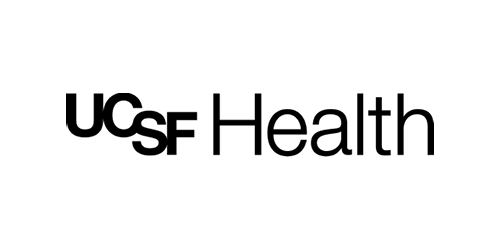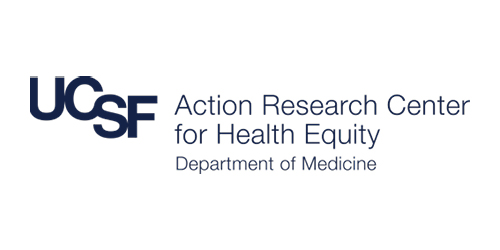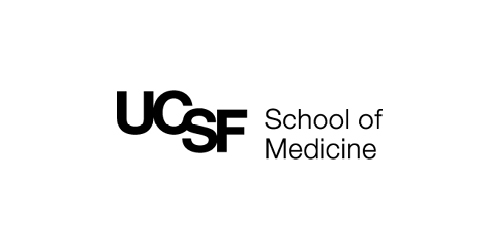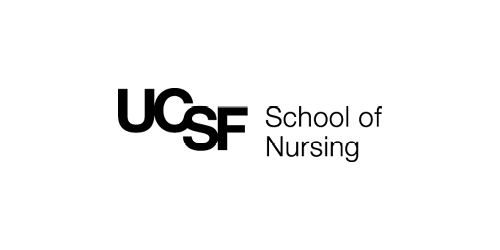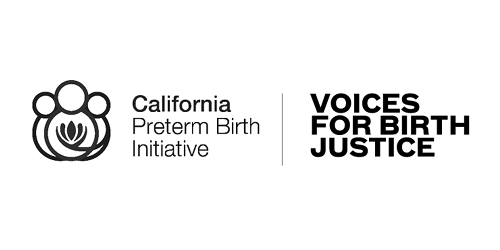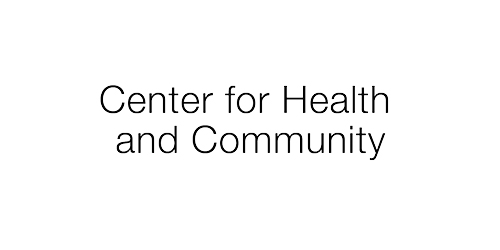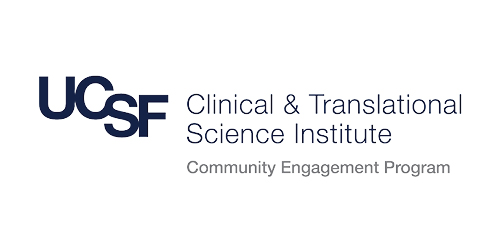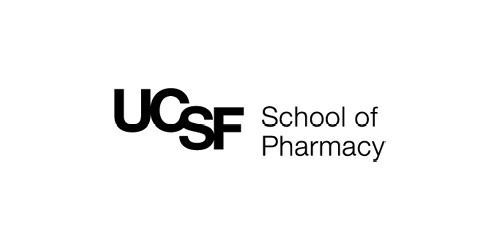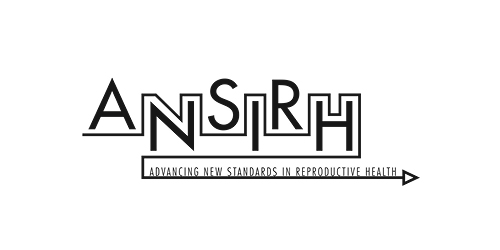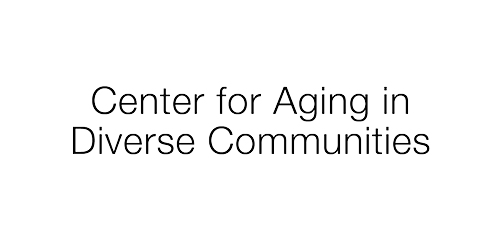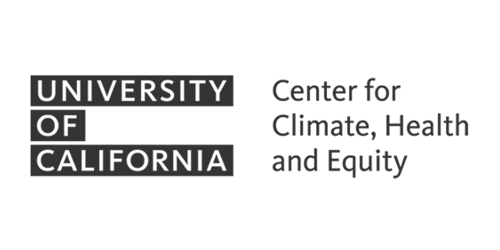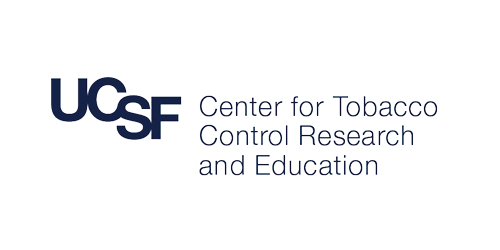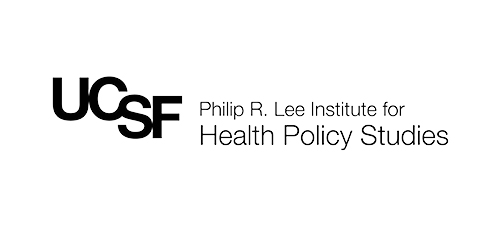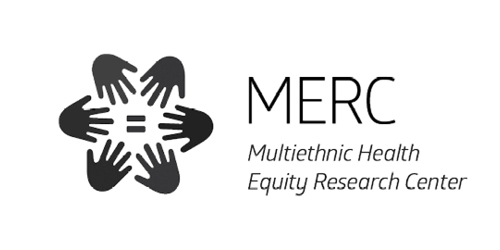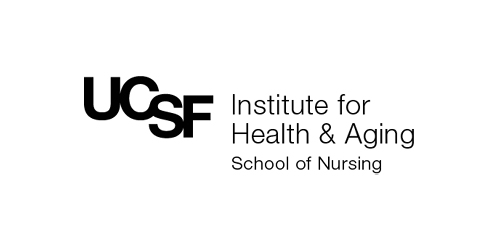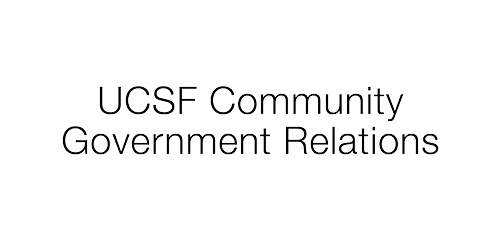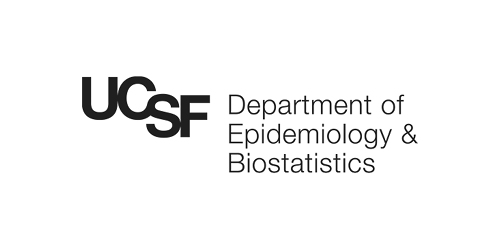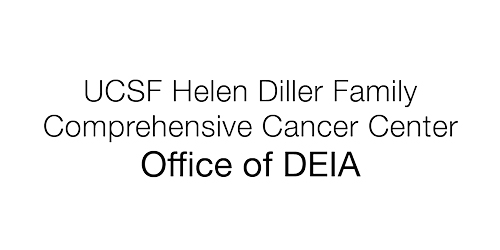Breadcrumb
- Home
- Initiatives
- ODO Flagship Events
- Annual UCSF Health Equity and Anti-Racism Research Symposium
Annual UCSF Health Equity and Anti-Racism Research Symposium
Thank you to all who attended and presented at HEAR Symposium 2024!
We hope to see you a the 2025 symposium.
| Time | Program | |
|---|---|---|
| 8:00 - 8:30 am | Breakfast | |
| 8:30 - 8:45 am | Welcome and Opening Remarks | |
| 8:45 - 9:35 am | Plenary Presentation with Q & A - Block 1 | Speaker |
| Sustained Care: The Impact of DEI and Diversity Committee Work on Academic Healthcare Faculty and Staff | Brooks Bigart | |
| Evaluating and addressing disparities in patient experience at an academic medical center | Jason Phillips and Rupal Shah | |
| Development of a Consultation Service to Support the Conduct of Antiracist Research | Jennifer James | |
| Advancing AA & NH/PI community health workforce development through academic and community partnerships | Anya Fang and Joe Hyoung Lee | |
| 9:35 - 10:20 am | Poster Session A | |
| 10:25 - 11:20 am | Plenary Presentation with Q & A - Block 2 | Speaker |
| AI Opioid Prescribing, Racial Disparities, and (de)Coloniality | Dan Kabella | |
| Abundant Life HEALers: Health Equity Advocates and Leaders in Preventing Breast Cancer | Kim Rhoads | |
| The Impact of Syndemic Conditions on Polysubstance Use Among Sexual Minority Men Who Use Alcohol or Stimulants | Taylor Cuffaro | |
| Disparities in Access to Dental Care During COVID-19 Pandemic: An Analysis of RAPID-SF Survey | Jay Shah | |
| 11:20 - 11:25 am | UCSF Linked Learning Mission Bay Hub Presentation | |
| 11:25 - 12:30 pm | Keynote speaker introduction, speech, and Q & A | |
| 12:30 - 1:00 pm | Lunch | |
| 1:00 - 1:45 pm | Poster Session B | |
| 1:50 - 2:45 pm | Plenary Presentation with Q & A - Block 3 | Speaker |
| EMBRACE Race Concordant Perinatal Care for Black Families: Reclaiming Health and Wellness for Black Births | Patience Afulani and Andrea Jackson | |
| Impact of Racism and Bias on Patient Experiences of Social Care—Implications for Implementation of Health-Care Based Social Care Interventions | Andy Quinones-Rivera | |
| Understanding and Addressing the Effects of Structural Racism on the Healthcare Experiences of Older Black Adults with Serious Illness: An Oral History Approach | Sofia Weiss-Goitiandia | |
| Implementation and Evaluation of an Anti-Oppression Education Plan in Medical School Curriculum | Gabby Negussie-Retta and Luann Zerefa | |
| 2:45 - 3:00 pm | Closing Remarks and Thank You | |
| 3:00 - 4:00 pm | Social Hour | |
| 4:00 - 6:00 pm | Film Screening and Panel Discussion: Everybody's Work: Healing What Hurts Us All (Register Here) | |


Keynote
- Interim Director, Center for Anti-Racism; Professor, Department of Child, Family, and Population Health Nursing; Professor, School of Public Health, University of Washington School of Nursing
- Immediate Past Chair, Sexual and Reproductive Health Section of the American Public Health Association (2020-2026)
- Board Member, Black Mamas Matter Alliance
- Editor in Chief, Health Equity Journal
UCSF endeavors to create greater understanding and supports the exchange of diverse ideas. Views and opinions of guest speakers on campus are their own and may not reflect the perspective of the University.
2024 Poster Presentations
|
SPACE |
AUTHOR(S) & ABSTRACT |
|---|---|
| 1 |
Ashley Tsai |
| 2 |
Juliann Ly |
| 3 |
Jeanelle Dyan Daus |
| 4 |
Socks Dijamco |
| 5 |
Ria Maharaj |
| 6 |
Danika Banh |
| 7 |
Shama Farhad & Ayona Chatterjee |
| 8 |
Nhi Le |
| 9 |
Isabella Hoang |
| 10 |
Gina Nguyen |
| 11 |
Sam Dennison |
| 12 |
Stephanie Haft |
| 13 |
Dylan Pillivant |
| 14 |
Barune Thapa |
| 15 |
Dimpho Orionzi |
| 16 |
James Marks |
| 17 |
Fan Xia |
| 18 |
Norlissa Cooper |
| 19 |
Agatha Okobi |
| 20 |
Sonja Goetsch-Avila |
| 21 |
Isabella Thaper |
| 22 |
Sophie Morse |
| 23 |
Sarah Garrett |
| 24 |
Janet Chu |
| 25 |
Stephen Conn |
| 26 |
Shyam Patel |
| 27 |
Victor Cheuy |
| 28 |
Kimia Rezaei |
| 29 |
Astrid Quirarte |
| 30 |
Jennifer Yarger |
| 31 |
Tyler Wheeler |
|
SPACE |
AUTHOR(S) & ABSTRACT |
|---|---|
| 1 |
Ximena Perez-Velazco |
| 2 |
Mira Sur & Edith Baca |
| 3 |
Monica Naranjo |
| 4 |
Jeanette Wong |
| 5 |
Alexandra Velasquez |
| 6 |
Elena Portacolone |
| 7 |
Bow Suprasert |
| 8 |
Debby Oh |
| 9 |
Tiffany Chinn |
| 10 |
Ritu Bansal |
| 11 |
Martha Ockenfels |
| 12 |
Noor-Ul-Ain Ali |
| 13 |
Thye Peng Ngo |
| 14 |
Manami Diaz Tsuzuki |
| 15 |
Laura Cox |
| 16 |
Michael Deynu |
| 17 |
Alexandrea Dunham |
| 18 |
Christopher Hernandez |
| 19 |
Jonathan Gauphan |
| 20 |
Sabrina Islam |
| 21 |
Vuong Do |
| 22 |
Carly Kajiwara |
| 23 |
Juanita Greene |
| 24 |
Dian Gu |
| 25 |
Griffin Gorsky |
| 26 |
Estrella Allen |
| 27 |
Lynn Leng |
| 28 |
Mark Hawes |
| 29 |
Maria Dominguez |
| 30 |
Kesia Garibay |
| 31 |
Issa Beatriz Palomata |
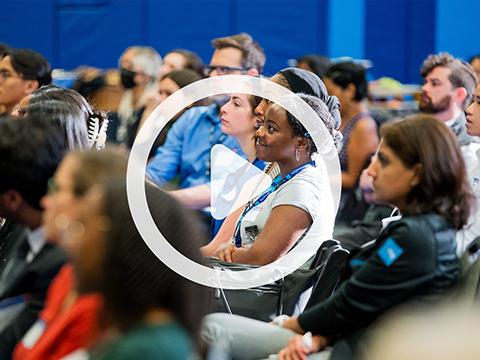

2024 HEAR Symposium
Did you miss this year’s symposium in-person?
View Dr. Monica McLemore’s keynote address and all of our plenary and special presentations!
Sponsorship
Opportunities to sponsor HEAR Symposium are open at a range of funding levels for both UCSF and external organizations. Sponsorship supports the ability to offer HEAR symposium as a free event dedicated to furthering collaboration and innovation in research that centers health equity and anti-racism.
All sponsors are recognized in symposium program and materials with expanded level benefits including an opportunity to table at the event, thank you items, and special event invitation.
Abstract Information
- Abstracts can be submitted for work that has been presented elsewhere or submitted to a journal for publication, but not for work that has already been published in a peer-reviewed journal.
- We encourage first authors at all levels from students to full professors. The first author will be the presenter if selected for a plenary presentation.
- Each person can be first author on only one submission.
- Faculty, staff, and trainees affiliated with San Francisco Bay Area health care and research institutions are eligible to submit abstracts.
Structured abstracts are required and must conform to the following organization.
Non-conforming abstracts will not be reviewed.
- All required components of the abstract including the title and all authors must fit on 1-page and must be in 11-point font.
- The body of the abstract (Background, Methods, Results, Conclusions) must not exceed 400 words.
- Up to 2 figures, graphs or tables are permitted as along as it fits on the 1-page limit with all other required components of the abstract.
- Please submit abstracts as PDF files. Save the PDF file name by: First Author Last name and first initial-Name of Abstract (e.g., Rivera A.-Abstract2023.pdf).
- Required components of the abstract:
- Title. No all caps, quotes, underlining or bolding.
- Authors.Please list all authors by last name and initials and academic/professional affiliation. Please indicate the academic/professional title of first author.
- Background. Describe the context and importance of the study and specify the purpose or goal of the study.
- Methods. Include a description of the methods used including setting, population, sampling techniques, measures, and analytical procedures.
- Results. A summary of results presented in sufficient detail to support the conclusions. Up to 2 tables, graphs or figures are permitted as long as the entire abstract is on one page.
- Conclusions. State the implications of the findings for clinical practice, research, education, or policy. We strongly discourage abstracts that have not yet produced results. Statements such as "The results will be discussed" or "Other data will be presented” are not acceptable.


Film Screening and Panel Discussion
Everybody’s Work: Healing What Hurts Us All
Presented by School of Nursing, Office of Diversity and Outreach, and The Robert Wood Johnson Foundation
Mission Bay Conference Center – Robertson Auditorium
4:00 – 6:00 PM, following the symposium
Accessibility and Language Inclusion
HEAR Symposium is pleased to offer AI-enabled translation in 30 languages for this year’s event. Smartphone and/or tablet is needed to access. Translation will be provided via text and audio. For audio, headphone use is required. For information regarding translation, please contact [email protected].
UCSF welcomes everyone, including people with disabilities, to our events. To request a reasonable accommodation for this event, please contact [email protected] as soon as possible.
